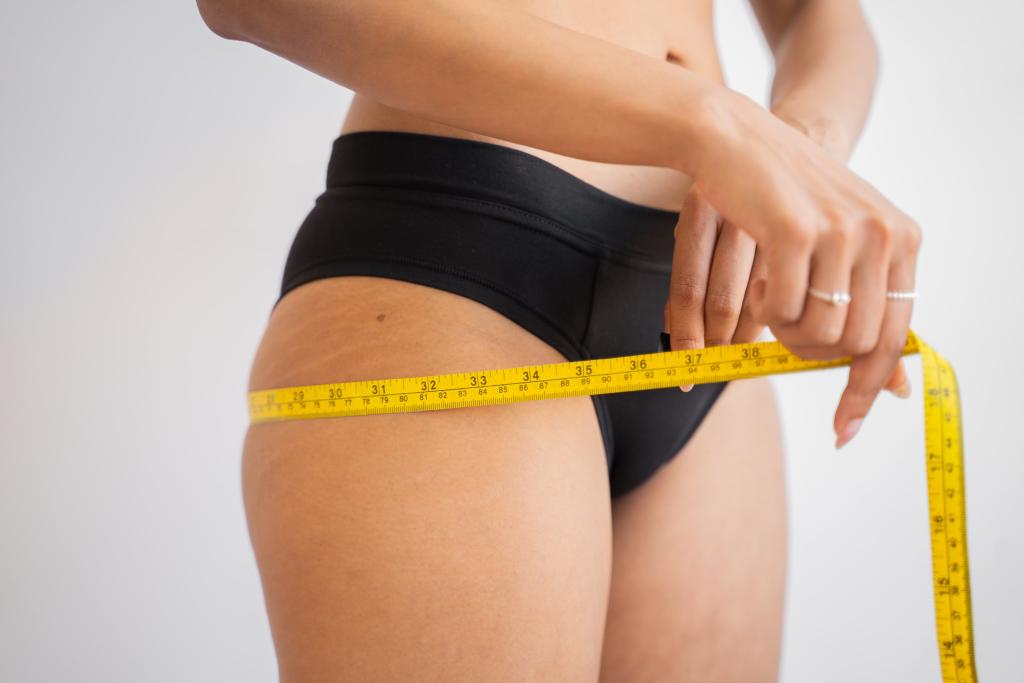
Everyone expects the body to change during pregnancy, but not many people talk about the changes that occur to the postpartum body. We all read books about pregnancy and childbirth, but what happens next is just as important to understand.
After childbirth, a woman’s body can change in many different ways, especially if you’re a first time mum. While some things will go back to normal after time, some changes will be permanent.
It’s different for every woman, but here’s how your body can change after pregnancy.
Your pelvic floor is the collection of muscles between your pubic bone and the front of your tailbone that, when contracted, lift the internal organs and tighten the openings of the vagina, anus and urethra.
After pregnancy and childbirth, these pelvic floor muscles weaken and can cause:
To help improve pelvic floor strength you can do simple pelvic floor exercises:
If you are experiencing pain or discomfort, we recommend you visit your GP or a physiotherapist who specialises in pelvic floor issues, like our Grace Private women’s health physiotherapists.
For many women, one of the biggest noticeable changes to their body is their abdominal muscles. Everyone is different, but it’s common for stomach muscles to weaken and separate during pregnancy and after childbirth.
Abdominal separation, or ‘diastasis recti’, can improve after the first 8 weeks after having your baby, but can stay permanently. When your body is ready, deep abdominal exercises can help, otherwise surgery may be an option in more severe cases.
At Grace we offer perinatal care with our specially trained Women’s Health Physiotherapists to help minimise abdominal muscle separation and keep you strong throughout your pregnancy and beyond.
Breasts increase in size during pregnancy and if you’re breastfeeding, they will continue to fluctuate in size with every feed. You may also experience nipple soreness and tender breasts in the first few weeks after childbirth, which can be due to your milk supply or if your baby isn’t attaching properly.
The ligaments that hold up your breasts stretch when you are pregnant and may not tighten again, meaning your breasts may change shape after pregnancy.
When you stop breastfeeding, the milk-producing tissue will eventually be replaced by fatty tissue, which can take up to six months. During this time your breasts may feel empty. A supportive bra can help you feel more comfortable.

While you are pregnant, it’s normal for you to gain weight to support your baby. After childbirth, it can take several months to return to your pre-pregnancy weight.
It’s important to take it slow if you are trying to lose weight after pregnancy. Take it easy on your body, after all, it has just performed a miracle and needs time to recover. Grace specialists recommend healthy eating and gentle exercise as you start to shift the weight you gained through pregnancy.
Our Grace physiotherapists can help you safely return to exercise and recommend healthy ways to manage your weight, while being kind to your body as a new mother. Our dietitian can also provide support and give advice on healthy eating while breastfeeding.
Stretch marks
If you had stretch marks during pregnancy, these will fade over time, they may turn white or silver and reduce in size. There’s no detailed evidence that any creams or lotions can remove them once they have developed.
Other skin marks
It’s also common to develop darker patches on your face during pregnancy, this is called chloasma. It may take a few months for these to fade after childbirth, but in some cases they may remain for years. Skin tags that appeared during pregnancy will most likely fall off, if not they can be removed by a GP or dermatologist.
After childbirth it’s inevitable that your body will look and feel different. Our Grace specialists and practitioners are here to help you live your best life and can support you through all these changes.
In addition to our specialist obstetrician care, we have experienced midwives, specialist women’s health GPs, physiotherapists, a dietician and psychologists available to further support your antenatal or postnatal care.
There’s no need for a referral to see one of our Specialist Women’s Health GPs or allied health practitioners, just request an appointment online or call (07) 5594 7632.

